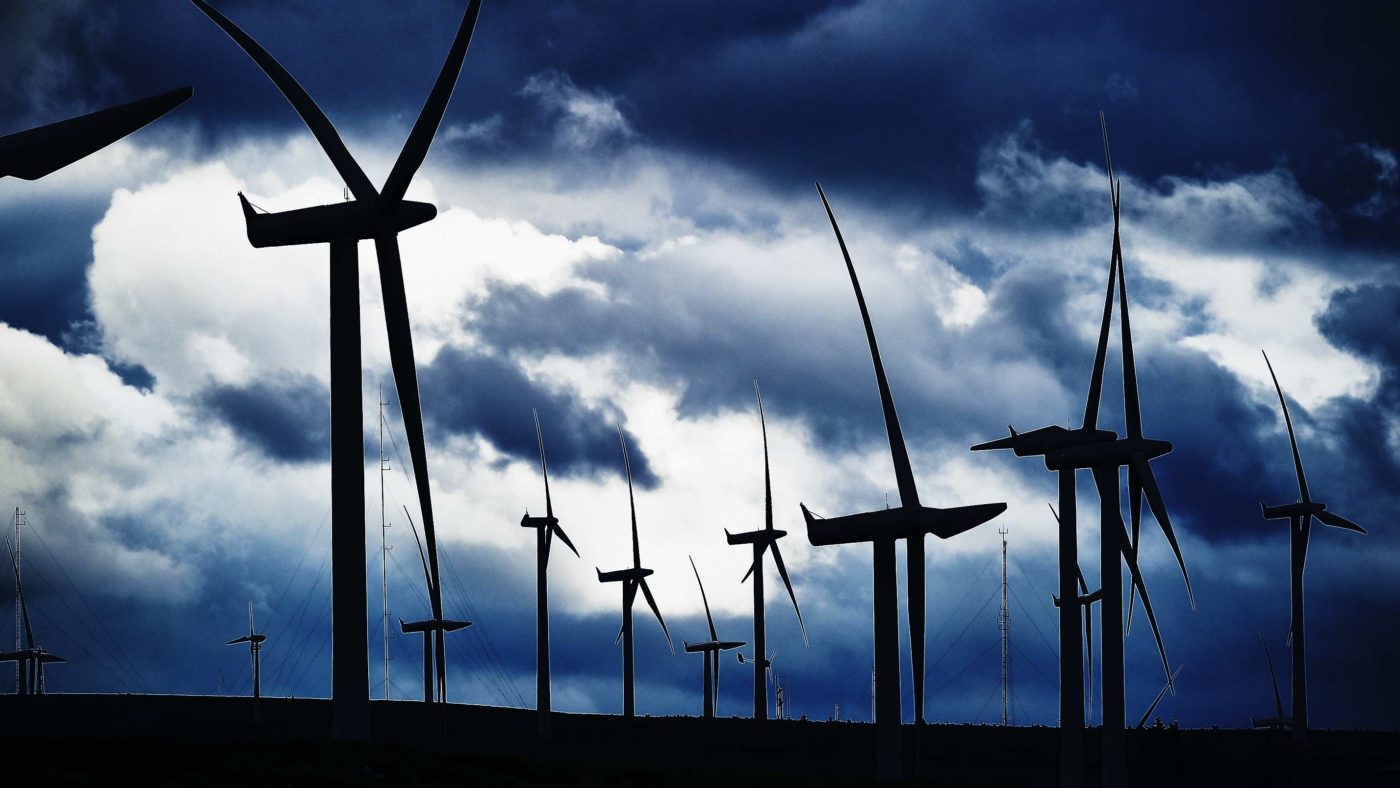It’s straight out of the mind of Franz Kafka: the British state is to impose energy price caps while also effectively banning the cheapest form of new energy, onshore wind. In the Budget, the Government once again reiterated its claim to want to keep energy bills down, but a study by the Energy & Climate Intelligence Unit shows that ruling out new onshore wind farms could add a billion pounds to UK energy bills over the next five years.
Offshore wind prices have fallen to £57 per megawatt hour – cheaper than new gas (£66) and Hinkley’s nuclear (£92). But onshore wind is even cheaper and wouldn’t require any subsidy. The latest round of onshore wind energy auctions in Germany saw the average price fall to just 38 Euros per megawatt hour with the lowest bid just 22 Euros. And 98 per cent of the successful bids came not from large establishment firms, but community owned citizen energy companies.
It’s an odd kind of Conservative Government that would disincentivise the development of technology which harvests cheap energy from the wind, while capping market prices. A recent report by the Centre for Policy Studies warns that the UK is becoming increasingly reliant on overseas energy imports. This is no wonder, when its own Government is tying one hand behind its back. And yet the UK is Europe’s windiest nation. Unshackled from this authoritarian policy, Britain could be the envy of its continental neighbours.
The Government need look no futher than the father of Conservatism, Edmund Burke, to get them out of this mess. Theresa May should lift the restrictions on onshore wind and give those that want the wind farms, the freedom to have them. Funnelling the benefits of cheap energy back to local communities would encourage people to embrace (already popular) onshore wind. It could even foster a healthy sense of grassroots national pride – far more effective than the tired old demands of patriotism we are used to getting from cabinet ministers. As Burke wrote: “To be attached to the subdivision, to love the little platoon we belong to in society, is the first principle (the germ as it were) of public affections. It is the first link in the series by which we proceed towards a love to our country and to mankind.”
Given that decentralised, community-based energy production and exchange is on its way – as battery storage and smart meters become more common – the Tories would do well to embrace it rather than attempt to hold back the tide. It’s also a vote winner. The popularity of onshore wind is at a record high (73 per cent in favour, only 9 per cent opposed) according to BEIS‘ own quarterly tracking survey; more people would rather live next to a wind farm than a small nuclear reactor or a fracking rig; and polling shows both the young and Tory leave voters (81 per cent) in favour of our renewable energy targets.
Also, if Brexit Britain wants to lead the world in onshore wind technology, we will almost certainly need a domestic market to encourage the engineering, manufacture and related legal and financial services.
Conservative MPs are starting to see the folly of this policy. Simon Clarke, MP for Middlesbrough South and East Cleveland – exactly the sort of place that the Tories need to extend their appeal – wrote for Conservative Home: “We have, in effect, a national ban that takes the power out of the hands of local people and leaves it with Sir Humphrey.”
The whole thing was a 2015 pre-election plea from David Cameron to shore up leaking votes to Ukip. Little did he realise he was delivering a much greater gift in the form of the EU referendum. With the Ukip fox shot, Theresa May can undo Cameron’s self-defeating energy bind and help deliver lower energy bills for everyone. As a fan of Burke, Cameron might even approve.


